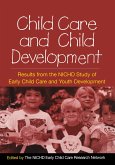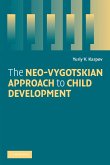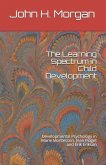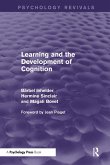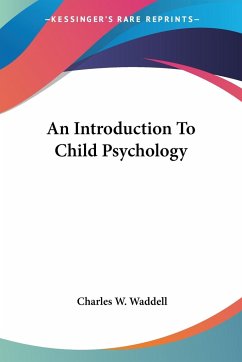Does it matter if a mother is not with her baby full time? Why do children learn to talk, or count? At what age can children grasp the ideas of right and wrong that they will need to get along with other people? Research in psychology has started to produce objective answers to questions like these - answers that are not just important in themselves, but which provide fascinating insights into human beings and how they come to be as they are. This book provides a straightforward introduction to child development. It also covers the methods and problems of research into children, and the application of new findings in practical life. Thus it explores the ideas of such giants as Freud, Bowlby and Piaget, and the application of those ideas to children in the home, to adoption, fostering and childminding, to playgroups and nurseries, to learning and testing in school, and to some methods of therapy.
Hinweis: Dieser Artikel kann nur an eine deutsche Lieferadresse ausgeliefert werden.
Hinweis: Dieser Artikel kann nur an eine deutsche Lieferadresse ausgeliefert werden.



